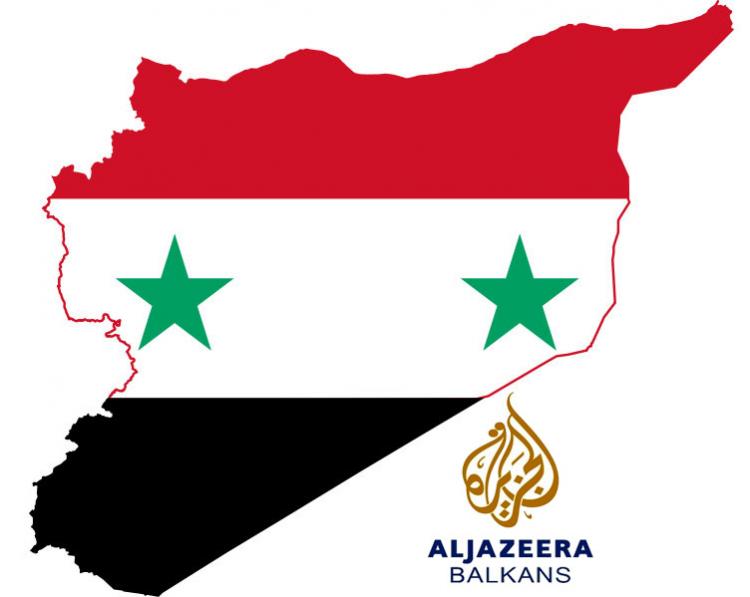
Nearly 20 years have passed since Western intervention put an end to the war, aggression and genocide in Bosnia (1992-1995). The Dayton Accords were signed in Paris in December 1995 and the NATO-led Implementation Force (IFOR) was deployed in Bosnia and Herzegovina. The war ended without a winner and a sense of justice.
The treaty, which was touted as a temporary solution, has remained in place ever since and its legacy has shaped the country from within. It created a fragmented state structure, which makes it difficult for the three ethnic groups in the country to agree on necessary reforms that can move the country forward. Perhaps this was the very reason the peace treaty was imposed: to create a state in deadlock with a dysfunctional constitution lacking in justice and fairness. It seems that the global powers are set to repeat the same mistakes in Syria. Given the current developments in Syria and the fragmentation of territory along ethnic or ideological lines, it is not unlikely that the Bosnian scenario will be reenacted.
Will an unjust peace treaty that fragments Syria and results in decentralised decision-making and a weak state-level consensus be imposed? Can we expect a federation of states for the Alawites, the Sunnis and the Kurds? And is this feasible considering the array of ideologies and mentalities and the desire for retribution? Given the Bosnian experience, should the Syrian opposition accept any attempt at a peace treaty without a guarantee for sustainable justice?
Speakers:
- Roy Gutman, Middle East bureau chief at McClatchy Newspapers, United States
- Haris Silajdzic, Former President and Prime Minister of Bosnia-Herzegovina
- Louay Safi, Chairman of the Syrian American Council, Syria
- Emir Suljagic, Deputy Minister of Defense of Bosnia and Herzegovina

